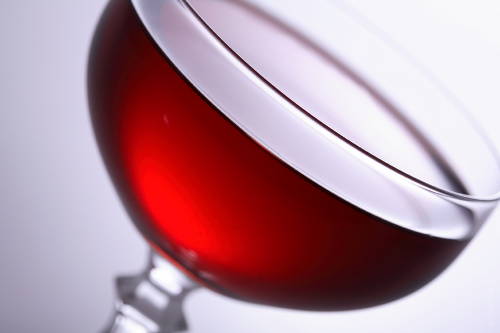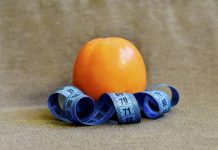Most people do not mind relaxing after work, so they tend to use alcohol. However, the staff of the National Institute on Alcohol Abuse and Alcoholism said that this innocuous habit (at first glance) could cause obesity – people develop a craving for high-calorie foods.

We Eat More After Drinking Alcohol
The scientists noticed that after the consumption of alcoholic drinks (even two glasses of wine) people lose their self-control, refuse to eat healthy food and eat more than usual (about 300-400 kcal). Previously, their colleagues had established a link between the quality of food and the amount of alcohol. It turns out that junk food lovers drink more often.
Caloric Intake of Alcoholic Beverages
Also, one shouldn’t forget how much calories alcoholic drinks contain themselves. For example, vodka or liquor may have up to 280 cals in 100 ml, while two pints of beer may be the quarter of your daily calorie norm. Moreover, alcoholic pre-mixed cocktails contain up to 295 cals per can. And all these drinks contain absolutely no fat. So, a person drinking too much may sooner or later not only find themselves in alcohol rehab programs, but also dealing with obesity.
The Wine-Obesity Study
The experiment involved more than one thousand volunteers who told about their diet and the frequency of taking alcohol. It turned out that during the days without alcohol, men consumed 2400 kcal, and women had 1700 calories, and when they drank they consumed 9% more fatty foods. They consumed in large quantities flour products, potatoes, meat and other foods that add weight. This is due to the lack of self-control.
Alcohol Intake & Weight Gain Linked
Earlier, Spanish scientists had discovered the link between alcohol consumption and weight gain in people who were addicted to alcohol. The experts say that wine in moderate quantity has a protective effect, saving people from being overweight.
The colleagues claimed that older people, who consumed a pint (0.47 liter) of beer or a glass of wine, were less likely to develop dementia than alcohol abstainers. Another study proved that resveratrol, the active ingredient of red wine, could compensate for the lack of physical activity.










